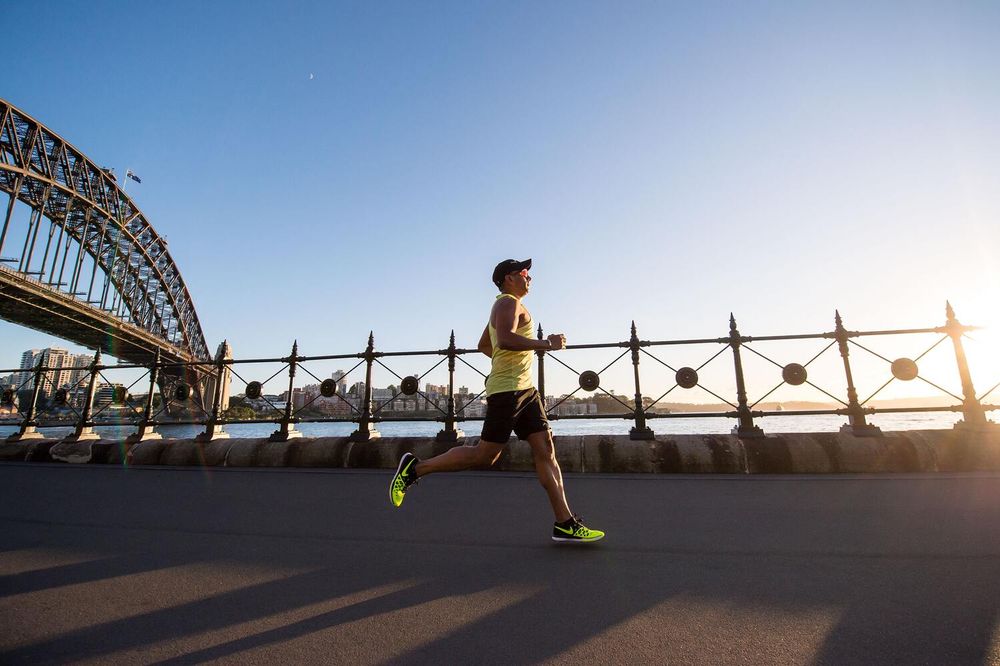Physical activity is one of the most important factors you should consider if you want to live a healthy life. Some studies have shown that engaging in at least 30 minutes of activity every day can boost your immunity, prevent the risk of obesity, and lower stress levels.
Being active physically means moving your body and muscles. Some examples of activities you can engage in are walking, jumping rope, skating, doing yoga, gardening, and playing football. Activity is not only good for your physical body but also your mind.
The importance of activity for optimal health
Boost your concentration
When you work out, you improve your concentration. When you are active or do exercises like walking and running, your body releases endorphins and other hormones that relax your mind and lower stress levels. For example, it is much easier to fall asleep at night when you start your day in the gym.
Being physically active is not about taking part in vigorous or intense workouts like running a marathon and going to the gym. When you find an activity you enjoy doing and give yourself a goal to aim for, improves your self-esteem, confidence, and concentration in the long run. In addition, regular activity can help to relieve stress, depression, anger, and anxiety in the long run.

Keeps you fit and stable
If you want to improve your stamina and fitness, the best place to start is yoga or the treadmill. Your body slowly loses its ability to function properly. Ideally, when you stop moving, you grow old fast and become weaker. On the other hand, activity improves your muscle strength and your ability to perform other physical activities.
It can boost your immunity
One way of keeping the doctor away is working out regularly or simply including activity in your daily routine. You don’t have to sit down when eating that apple. You can make it a habit to walk at least a mile every day to burn some calories and keep fit.
When you engage in physical activity, you prevent the risk of cardiovascular diseases like stroke and heart attack. In addition, by working out, your body metabolism increases which help you become fit and healthy.
What can be the Adverse Consequences of Low Activity?
Heart disease
Not getting enough physical activity every week can cause a lot of harm to your body. When you are not physically active, you become more vulnerable to heart disease, obesity, and stroke. In the long run, those who don’t move or rarely exercise are more likely to develop cardiovascular diseases.
Type 2 Diabetes
When you work out, you reduce the risk of contracting Type 2 Diabetes. Activity controls your blood sugar, blood pressure, weight gain, and lowers bad cholesterol in your body. Also, when you have regular physical activity, you reduce the risk of nerve damage and heart diseases. These are some of the problems associated with diabetes.
How much exercise should we aim for per week?
Having more minutes of aerobic activity in your routine can result in better health. Small amounts of exercise every day is also helpful for your body.

Additionally, it is also advisable for adults to engage in regular strength training twice a week. Develop a set of activities you should engage in at least twice a week. You should aim for at least a set of each exercise and use resistance and weight to tire your muscles for 12-16 repetitions.
What are the small steps we can take to increase our exercise level?
To ensure you meet your daily activity goals, you can:
- Ensure you spend less time sitting on a chair or lying down. Take some short breaks between tasks to move and exercise.
- Do any activity a day to keep you active and fit. Any light activity is better than none at all.
- Do strenuous or strength workouts on all your major muscles like the abdomen, legs, and hips.
- Take a walk during your lunch break.
- Take an evening walk with your kids or spouse.
- Get up and walk after 30 minutes of sitting down or working on your desk
- Take the stairs instead of the elevator.
How Can Trackers Help To Analyze Our Activity?
Fitness activity trackers are some of the best equipment you can have when on a fitness program. These tools are useful if you want to keep track of how much time you spend on a workout or just how many calories you are burning on your treadmill. Calorie counters, pedometers, and heart monitors can help you in many ways like:
- Exercise tracker: Use the app to track how much exercise you are doing daily and find out how many calories you will be burning when you exercise daily.
- Heart monitor: You can use trackers to monitor your heart rate while working out.
- Sleep monitor: trackers also come with features that enable you to track how much sleep time you have to know if you are having enough rest.
You can connect trackers to your mobile phone and record your long-term progress as you work out. Trackers also help you collect fitness data online for ease of measuring progress.














